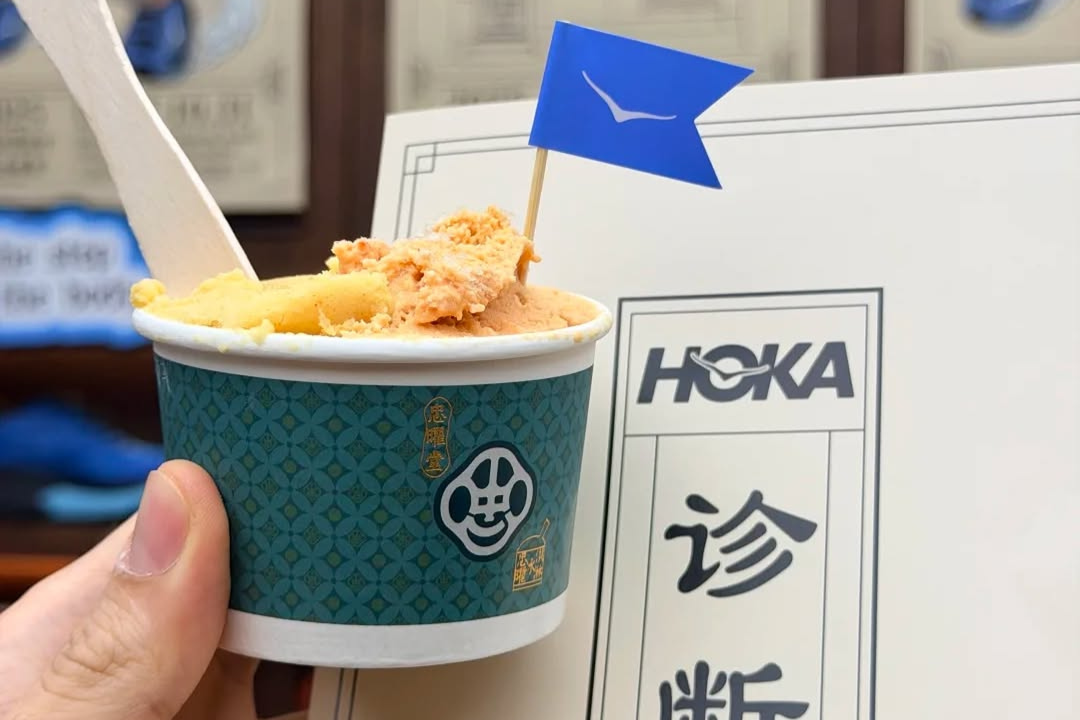On March 11, China’s State Tobacco Monopoly Administration announced a series of measures to regulate the production and distribution of e-cigarettes and vapes in the country, including banning sales to minors and restricting the availability of flavored products.
The measures will take effect nationwide on May 1 and follow preliminary draft rules authorities issued in December 2021. The draft rules officially moved the products out of a legal grey area and under the direct control of the State Tobacco Monopoly Administration.
#BREAKING A set of regulations on electronic cigarettes by China’s #Tobacco Monopoly Administration will take effect on May 1. Part of the regulations will ban sales of e-cigarettes to minors and sell e-cigarettes through vending machines. #vaping pic.twitter.com/rBOeqSTJ8G
— People’s Daily app (@PeoplesDailyapp) March 14, 2022
Minors Face Vape Ban
Besides asserting control over the quality of tobacco products and mandating the legal registration of related businesses, the new regulations include prohibiting e-cigarette and vape sales in vending machines, self-check counters, and stores close to schools. These measures target a specific group of consumers: minors.
Though the issue of teen vaping is not exclusive to China, it is proliferating in the country. Even though authorities outright banned online vape sales and advertising in 2019, vapes are still widely available in China, especially in first-tier cities.
They’re purchasable not only in vape shops but also convenience stores where employees rarely ask young buyers for identification.

E-cigarettes are displayed in a convenience store in Shanghai. Image via Weibo
You can also easily buy vape pens and pods through WeChat. For example, many outlets of Relx, the biggest e-cigarette brand in China, have their own WeChat accounts to better connect with consumers and conduct sales on the platform.
From the writer’s firsthand experience: I’ve been purchasing vaping products on WeChat for more than a year and have never been asked for my full name or ID, as opposed to when buying in a brick-and-mortar store. A quick text with a home address and phone number is sufficient to get the products delivered.
Farewell, Fruit-flavored Vapes
Another measure aimed at tackling teen vaping, which will probably also devastate many adult buyers, is outlawing the production of fruit-flavored vape pods.
Fruity vapes are believed to be more appealing to youth because of their lower nicotine content (3% compared to 5% in tobacco-flavored pods) and approachable flavors.

Some of Relx’s fruity flavors. Image via Weibo
According to a Shanghai-based retailer who asked to remain anonymous, since the new regulations were announced, Relx has ceased the distribution of fruit-flavored pods.
He told RADII that fruity vapes account for the overwhelming majority of vape sales in the shop.
“It was all very sudden. If we had known in advance, we would have stocked larger amounts of fruit-flavored pods,” he said.
In an attempt to profit off the booming demand, some Relx retailers have increased the price from 99 to 110 RMB (about 17 USD) for three fruit-flavored pods.
However, in an announcement on Tuesday, Relx stated its disapproval of the price hikes and encouraged customers to report such stores.
The anonymous retailer told us these regulations would “leave enormous impacts” on the brand’s business. He adds:
“I think many young consumers will switch to regular cigarettes. Imported cigarette brands already have plenty of fruity flavors. The risk that we will go out of business is real.”
Whether the new regulations will effectively reduce minors’ addiction to e-cigarettes or inadvertently lead to a surge in cigarette consumption remains to be seen.
Cover image by Zachary Tan on Unsplash



















